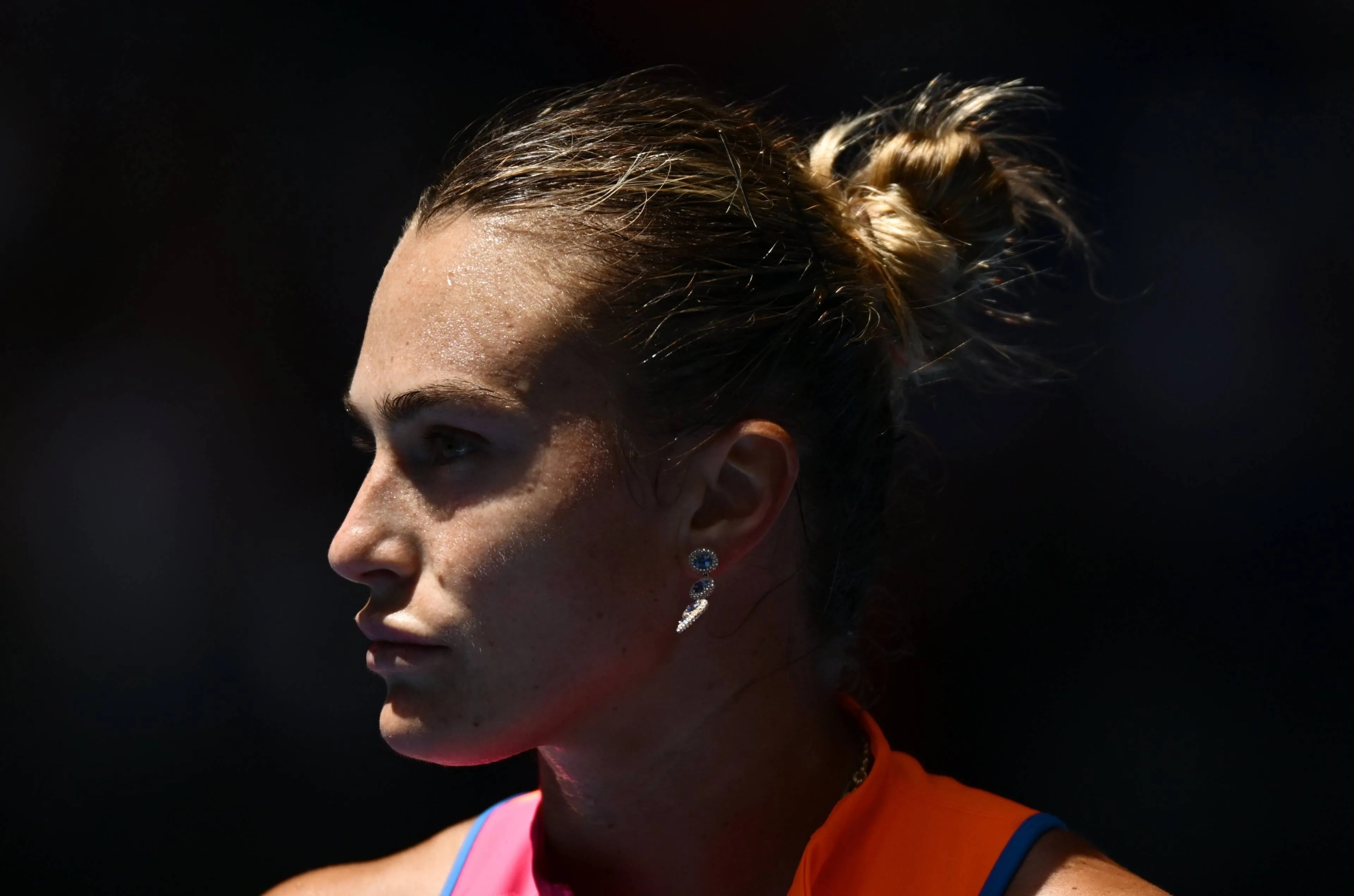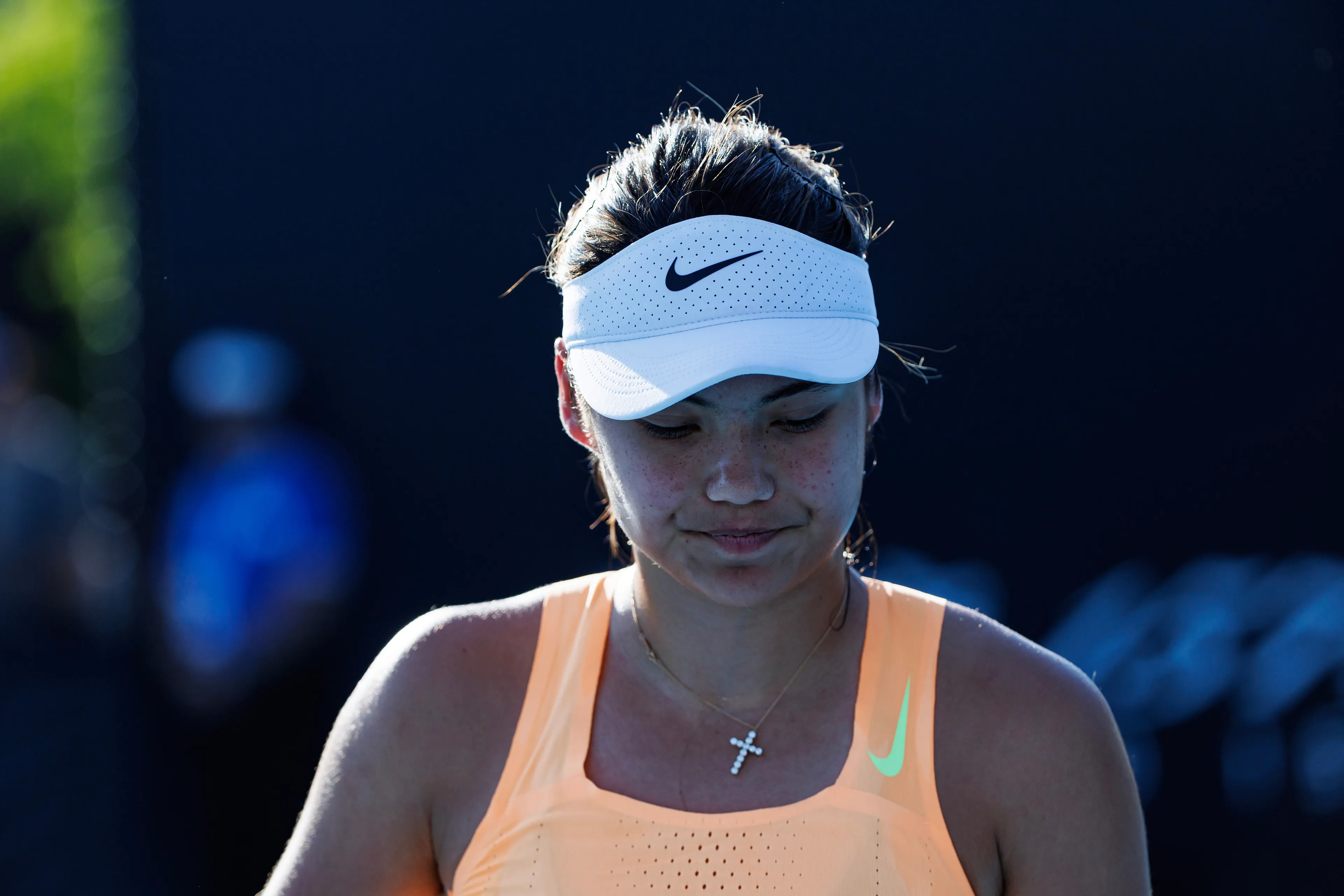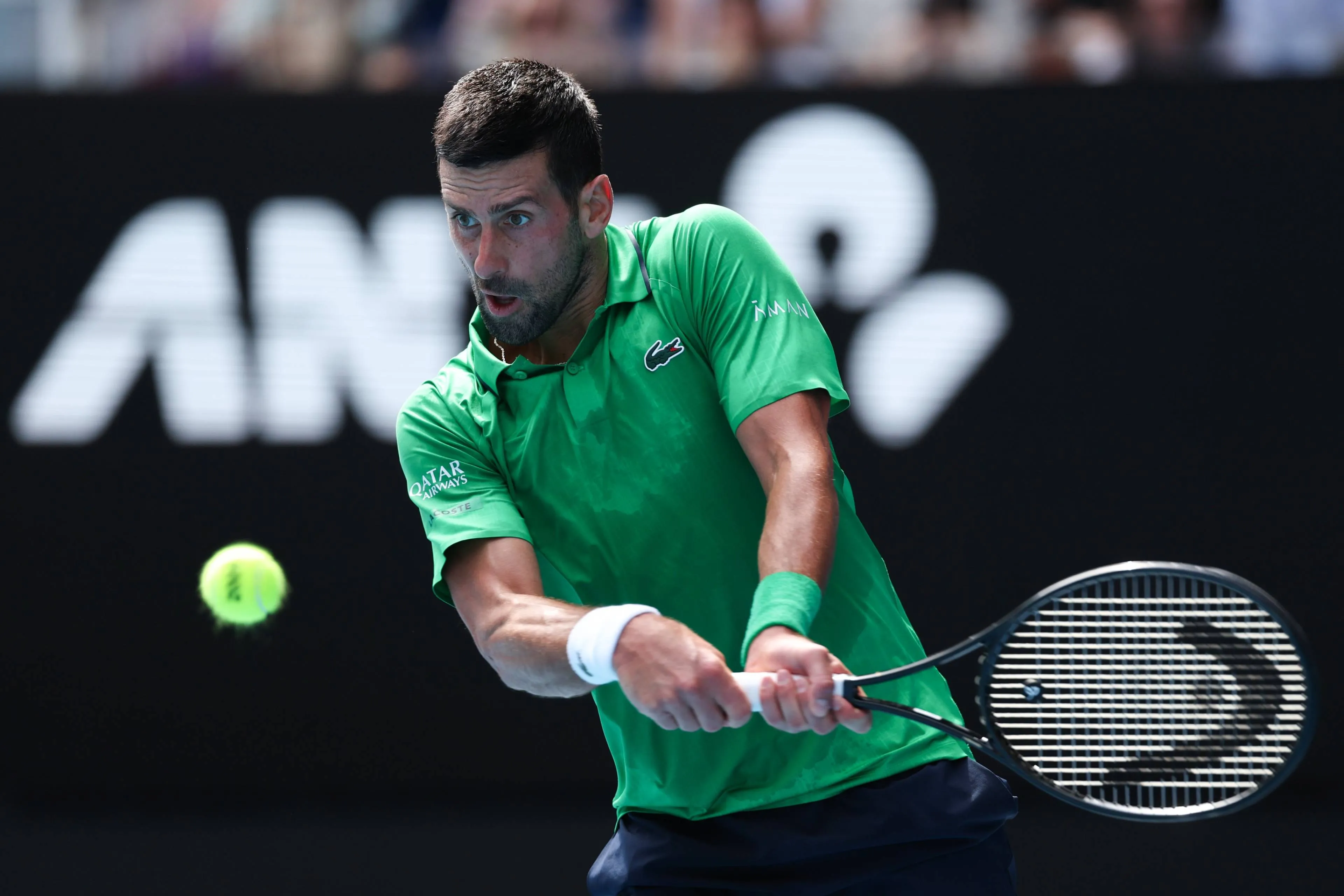Sinner Admits He 'Didn't Sleep Night Before' Some Matches Due To Doping Case
ATPSaturday, 26 October 2024 at 12:00

Jannik Sinner has opened up about the effect of his doping case on him and revealed that he did not sleep before some matches because of it, including at Wimbledon.
More than two months have passed since Sinner's two positive tests for the banned substance clostebol at the Indian Wells Open in March became public a few days before the start of the US Open.
The investigation into the incident was kept private because Sinner quickly found the source of the contamination. Although the Italian followed the rules by doing that, some still question whether lower-ranked players would have been treated the same way.
Nonetheless, the International Tennis Integrity Agency (ITIA) cleared Sinner of wrongdoing and avoided a ban, but his prize money and ranking points from the Indian Wells Open were stripped.
The ITIA accepted the world No. 1's explanation that a minuscule amount of clostebol entered his system accidentally without his knowledge from his physiotherapist after he used a spray for a cut finger that contained the banned substance.
However, the World Anti-Doping Agency (WADA) appealed the decision. Although it did not dispute Sinner's explanation, WADA argues he bore more fault than the ITIA determined and is seeking a ban of between one and two years.
The appeal's verdict is expected in early 2025. That means it is not implausible for it to come out during Sinner's defense of his Australian Open title, which he won after coming back from two sets down in the final against Daniil Medvedev.
Sinner has already admitted that one consequence of the doping case was finding out who his real friends are. The 23-year-old said some people he did not realize were his friends actually gave him more support.
In an interview with Sky Sport and Intesa Sanpaolo, Sinner discussed the five months the case was being investigated privately, meaning he could not open up to many people about the stressful ordeal.
"It was difficult, first of all, because I couldn’t open up to many people. It was a very complicated period because I didn’t know how I had to behave, personally. I didn’t know what would come out. I didn’t know what would happen with the team."
Sinner eventually came to terms with the situation because he felt he had done nothing wrong and knew he could not control what those investigating the case determined.
Read also
"It was very difficult, normally I’m always in control, and instead (here) it was quite easy to lose it; (lose) control. Only that after a few weeks I woke up one morning and said, ‘But in the end I didn’t do anything wrong, I didn’t know anything."
"And so for me it was already over, then what comes out from the judge, what can or can’t come out in the end I can no longer control, right?"
The world No. 1 recalled that some noticed he did not always seem himself. Sinner also had sleepless nights before some matches, including before his Wimbledon quarterfinal against Daniil Medvedev, which he lost in five sets.
"Of course, it was complicated when I knew, but nothing had come out yet. Maybe I won a match, and they saw me really down and said to me, ‘But you won, why are you like this?' And what was I supposed to answer? I said, ‘No, no, I’m fine; everything is fine.’"
"And then there were matches where I didn't sleep the night before. As you probably saw, before the match with Medvedev."
Read also
Loading








